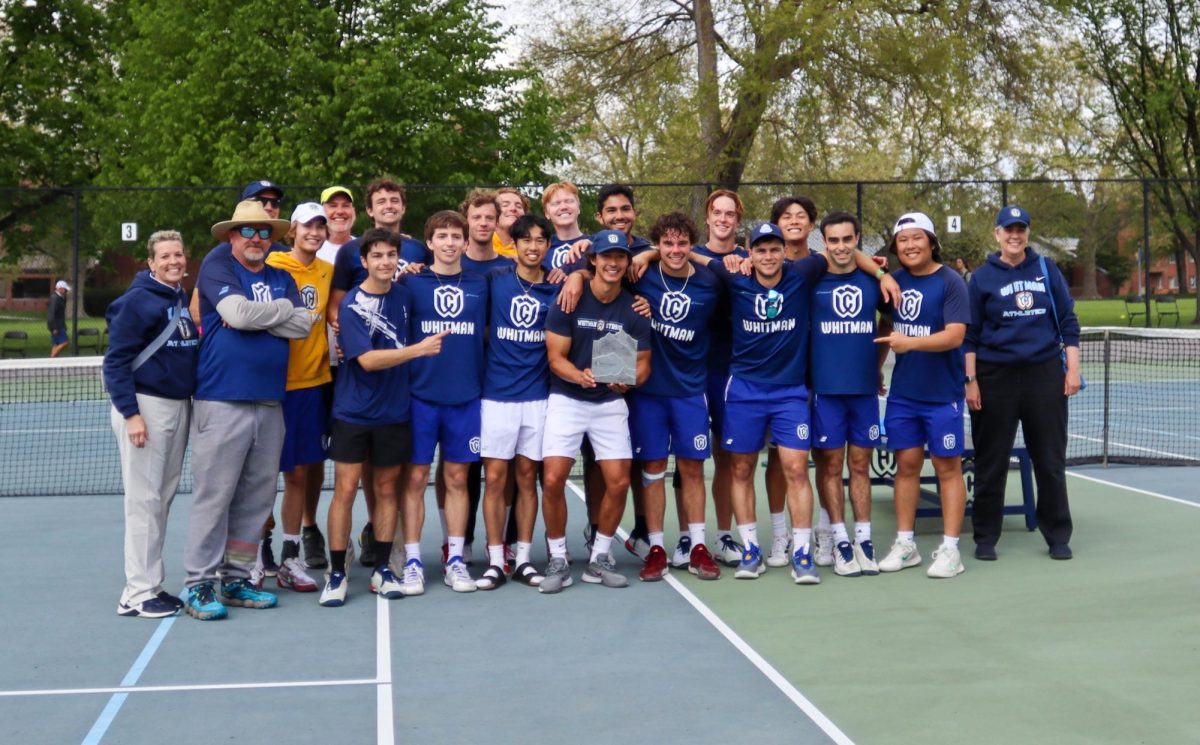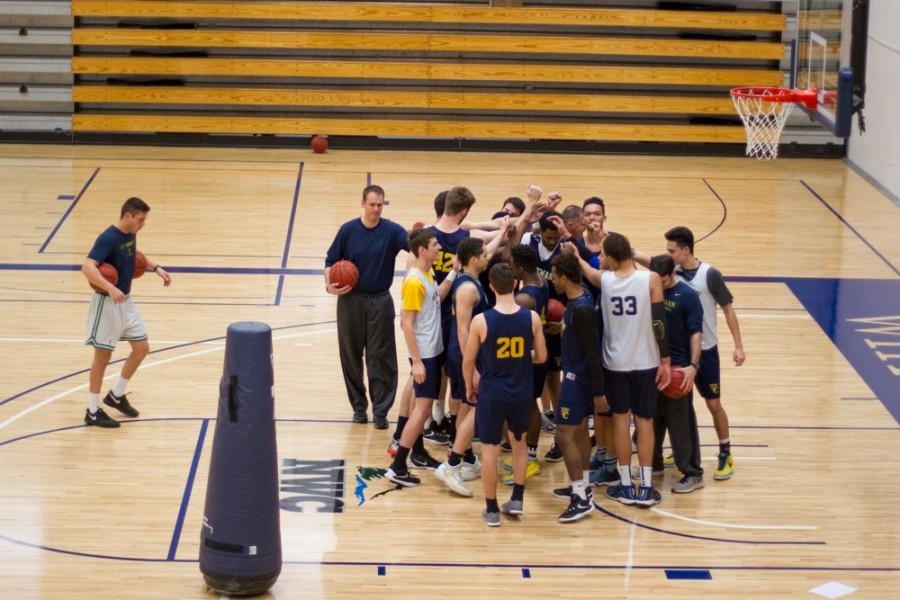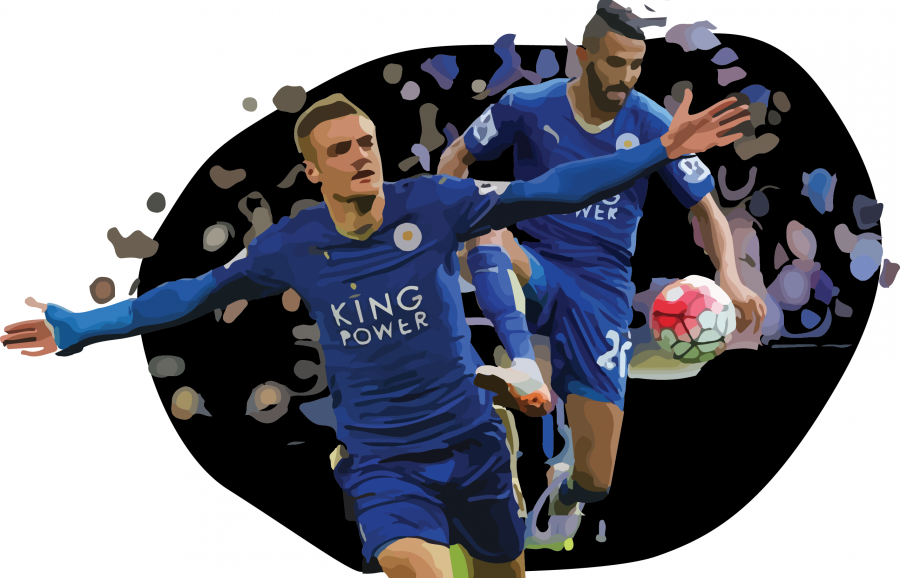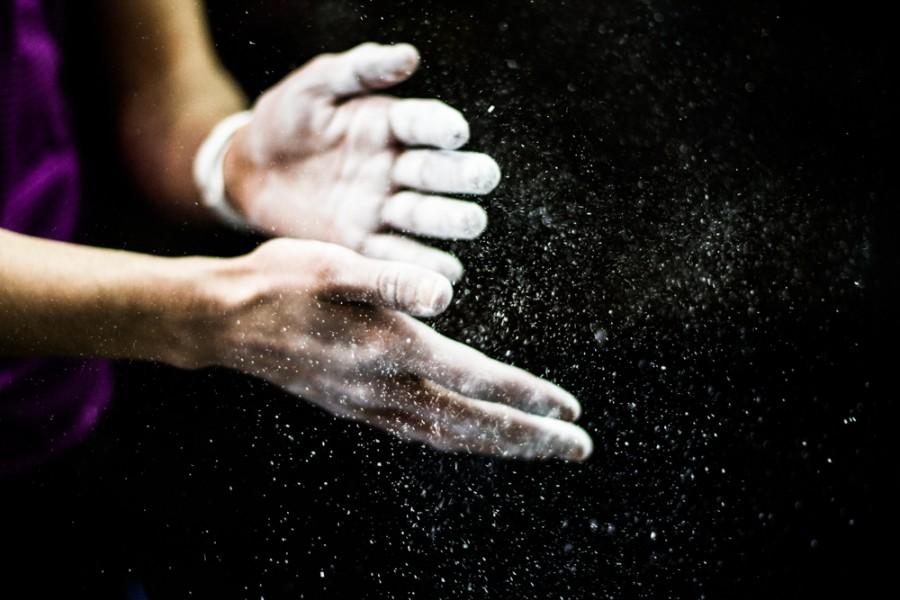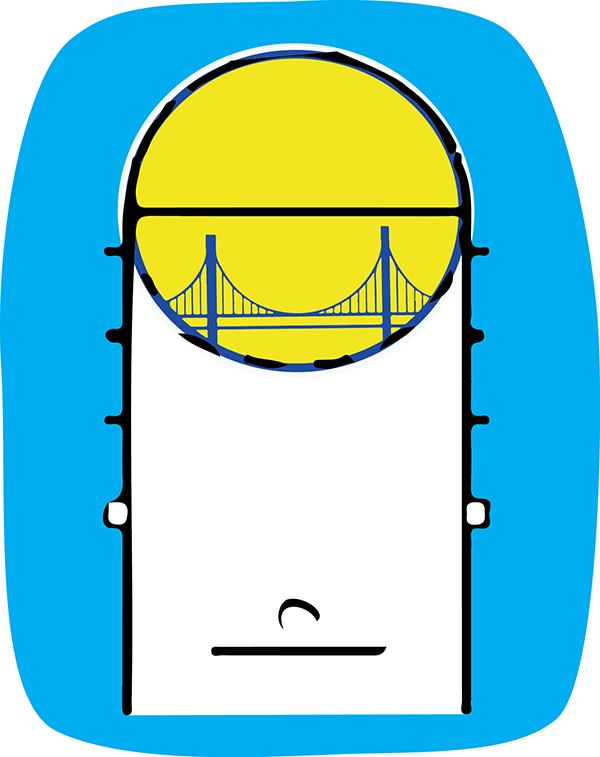
In the seemingly endless war between the NCAA and its athletes, the athletes recently scored a key victory. In a recent landmark ruling, over 200,000 current and former NCAA athletes were awarded $40 million after the Collegiate Licensing Company (CLC) and EA Sports illegally used the players’ likenesses in video games without properly compensating the athletes. Payment of the current players is still under debate because the NCAA specifically denies players the right to have monetary gain from their status as collegiate athletes.
The case stems from EA’s NCAA Football and NCAA Basketball video games that sell between one and three million copies combined each year, giving EA about $100 million in revenue annually. In these games, gamers could use official teams and logos, such as the iconic O for the University of Oregon football team, as licensed out by the CLC. Under the current agreement, player likenesses and images cannot be used. EA stopped short of using the images and names of players, but they imitated things like players’ skill ratings, hometown, height, weight, skin tone and jersey numbers.
EA states that the company did nothing wrong, and that they will continue to abide by the rules set forth by the NCAA. The only problem with that strategy is that the rules of the NCAA landscape may be under some serious reconstruction. EA has also stated that it will cease creation of the NCAA Football series indefinitely.
This issue brings to light the larger issue of whether current NCAA athletes should be able to benefit financially from their status as student-athletes. There is no other place in the United States for players ages 18 to 20 to take their skills to receive elite coaching. In the college ranks, they are criticized and treated like professionals by the public. The only difference is that professional athletes receive hundreds of thousands of dollars to let people treat them as objects, while college athletes only get free tuition.
Johnny Manziel, the polarizing quarterback for the Texas A&M Aggies, has been granted permission from the NCAA to collect damages in a lawsuit in which a vendor sold “Johnny Football” T-shirts, which Manziel had trademarked. Anyone with any amount of common sense can see that he is now being paid for being famous, otherwise he never would have wanted to trademark his nickname.
The NCAA is clearly profiting from these athletes. ESPN reporter Jay Bilas exposed that searching player names on the NCAA website leads to pages selling that player’s jersey, even though the NCAA has avoided compensating players on the basis that jersey sales are coincidental and did not reflect the likeness of the players. Between jersey sales and the EA’s freedom to use players’ likenesses, it is clear these athletes are being exploited.
Although the NCAA appears to have an easy fix because they control jersey sales and video games, why don’t they grant players some sort of royalties or compensation? Giving all players a cut of total jersey sales and video game licensing money would prevent boosters from targeting and therefore influencing a player to attend a certain school, but also let the NCAA keep the revenue that stems from these two profitable markets. It seems like a simple solution, and after the recent settlement, it may be coming sooner rather than later.








